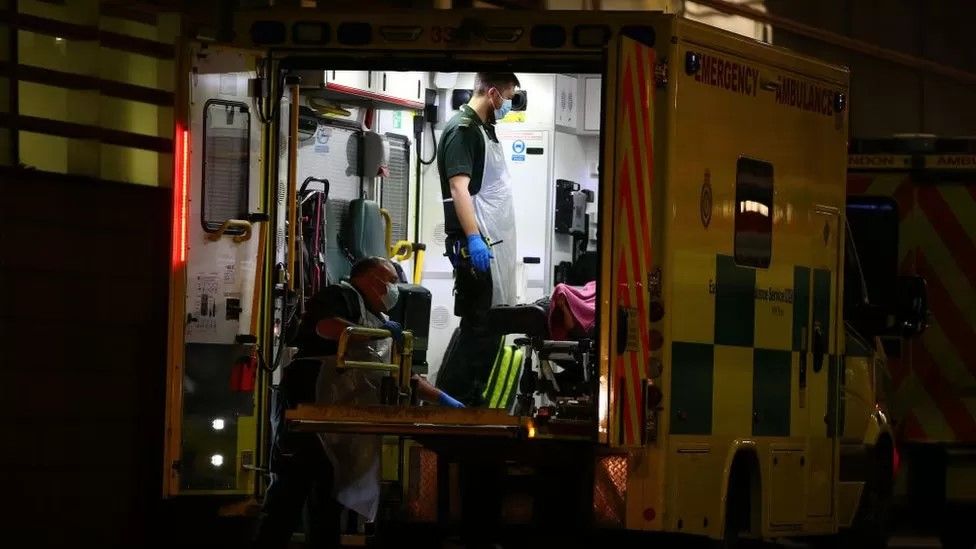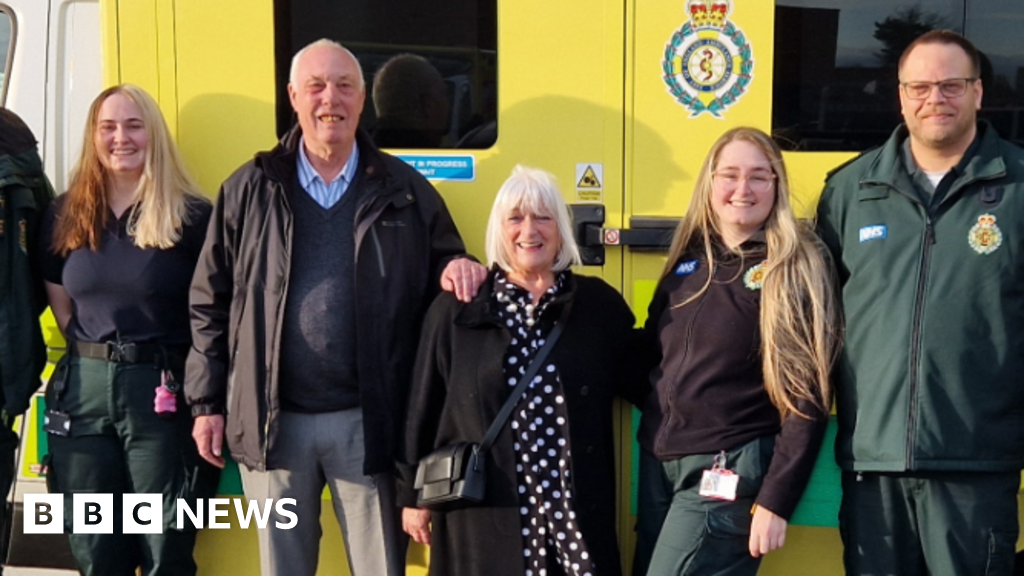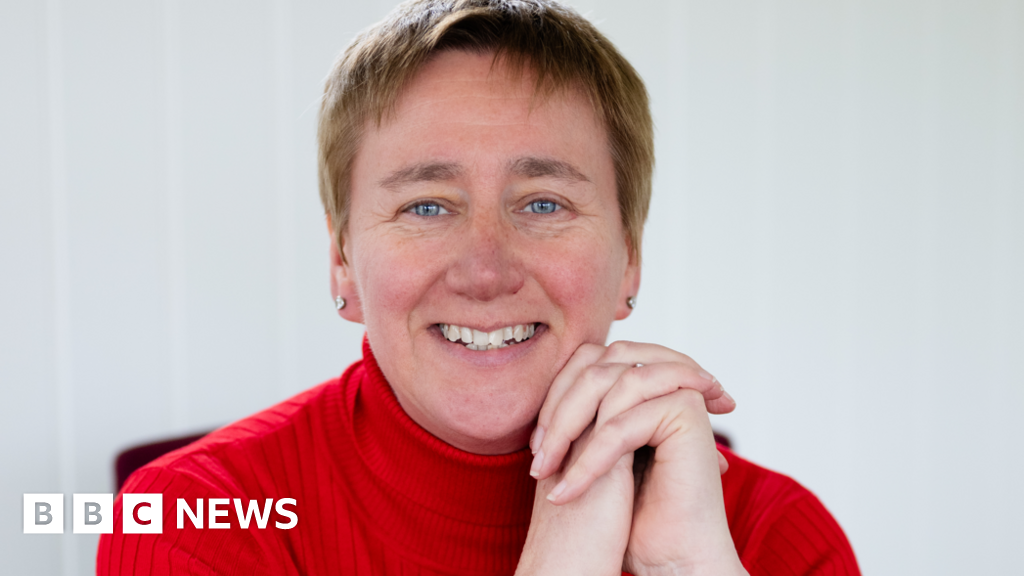 Image source, Getty Images
Image source, Getty Images
Ambulance crews were experiences "handover delays" at hospitals across Wales
An ambulance spent 28 hours outside a hospital after an "extraordinary incident" was declared due to delays.
The Welsh Ambulance Service said 16 ambulances had waited outside the emergency department at Morriston Hospital, Swansea, at one time.
It said multiple sites across Wales were affected.
The extraordinary incident, which asked people to only call 990 if their emergency was "life or limb threatening", is now over.
Lee Brooks, director of operations, told BBC Radio Wales Breakfast the situation was "heart-breaking".
Judith Bryce, assistant director of operations at the Welsh Ambulance Service, said on Sunday the service was experiencing "patient handover delays outside of emergency departments".
"This is taking its toll on our ability to respond within the community," she said.
Image source, Getty Images
Image caption,At the peak of the delays 16 ambulances were queued outside Morriston Hospital
"Approaching our declaration of an extraordinary incident, we have experienced multiple episodes of prolonged patient handover at multiple sites across Wales."
She said additional managerial and clinical support were brought in at Morriston.
'Not great for patient dignity'
On Monday, Mr Brooks said the situation had been "particularly challenging". The extraordinary incident is now over, but pressures remain.
"We had a couple of sites across Wales where we were experiencing long waits for patients to move from ambulances to emergency departments, but most of it at Morriston Hospital in Swansea," he said.
"When that happens that of course has an impact on our ability to respond to other patients in the community."
He added the trust was "creating more capacity to respond to patients" and that response to red category patients has "nearly doubled in the last three, four years".
"Of course, by month we're losing in the region of 19,000 hours, which is almost a week's worth of ambulance capacity, so that's quite a chunk taken out of our ability to respond."
He said the problem was linked to "broader patient flow constraints" and was expected to worsen over the winter.
"This is generating a huge amount of frustration… it's not a great experience for patients, it's not great for dignity."
He described the situation as "heart-breaking".
Welsh Conservative health spokesman Russell George called the situation an "atrocious example" of the "wider Labour failure to run our Welsh NHS properly".
He said that there needed to be "massive change in social care" and added that the Conservatives would "establish care hotels and encourage former NHS staff to become reservists to stop ambulances queuing outside of hospitals".
Plaid Cymru spokesman for health and care, Mabon ap Gwynfor, described the NHS in Wales as being in "a vicious circle".
He added: "Ambulances are queuing because of insufficient beds and there aren't enough beds because of a failure to provide long-promised community and social care."
He said this was coupled with hospital bed closures and a shortage of more than 2,700 nurses.
The Welsh government said it was investing in more community beds, working with social care services to improve patient flow, and dealing with ambulance handover delays.
It said it was concerned about delays at Morriston and across Wales.
A spokesman added: "We are seeking assurance from health boards about the actions taken to de-escalate ongoing pressures, caused by an increase in demand and patient flow issues.
"We will continue to monitor the situation."
 (1).png)
 1 year ago
15
1 year ago
15













